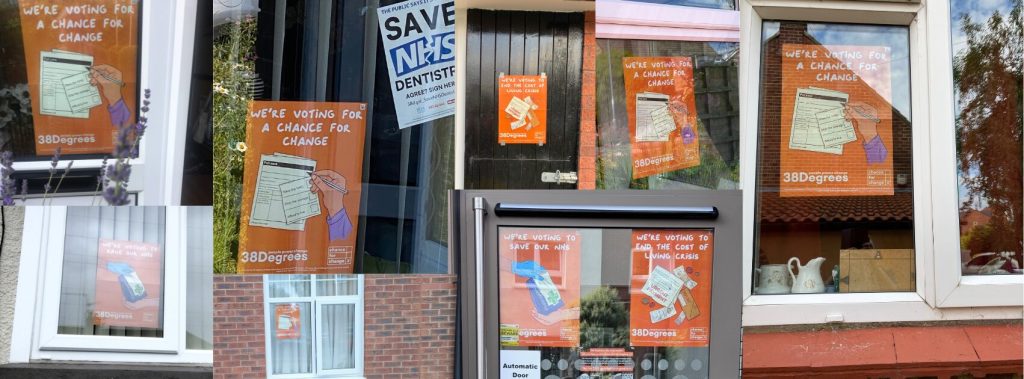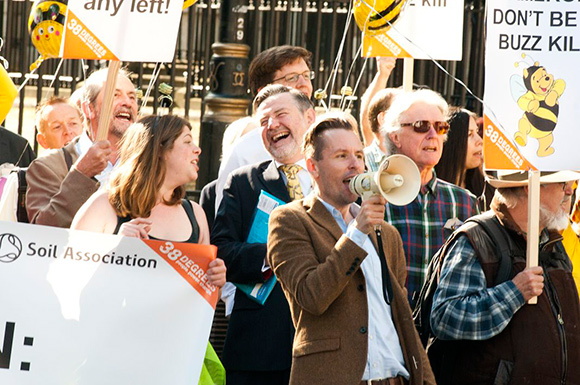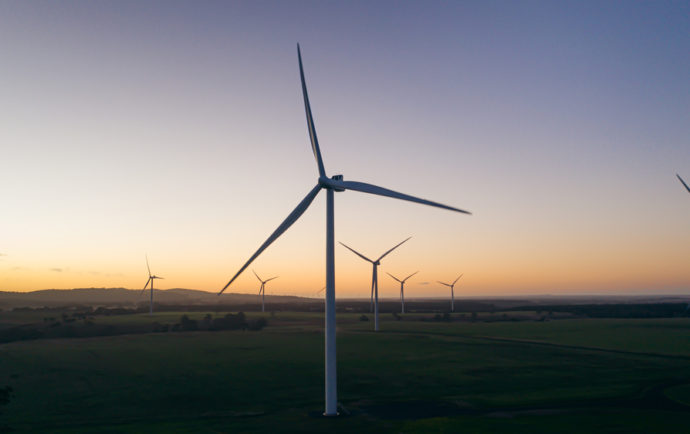
Mar 9th, 2012
Climate Change Update
By Becca McCarthy

Joss Garman - senior campaigner with Greenpeace UK
You don’t hear much about climate change any more do you?
But the number of column inches devoted to the rise in global temperatures correlates to the scale of the problem about as closely as media interest in credit default swaps before 2007 matched the impact they had when they helped blow up the global economy a year later.
These facts are undeniable:
– All 11 years of the 21st century so far (2001- 2011) are among the 13 warmest years on record. Last year was the 35th consecutive year since 1976 where the yearly global temperature was above average.
– In the last year the levels of pollution driving the rapid shifts in our climate leapt rapidly so that CO2 concentrations in our atmosphere are now higher than they have been for 15-20 million years.
– Warmer temperatures have caused the Arctic sea ice to shrink by more than 30 percent in summer since satellite measurements started in 1979. One leading scientific institute said there was less summer sea ice in the Arctic last year than there has been for 8000 years. Cambridge University’s Professor Wadhams – a world authority on the subject – says in less than ten years from now the Arctic Ocean could be largely ice-free in the summer time.
– A three-year study on the impact of climate change on the UK has found that by the 2080s, the annual economic impact of flooding in the UK will rise by at least 80% and possibly up to 1000%.
Perhaps most frightening for me is that a major report into the impacts of climate change on plants and animals around the world found, “Approximately 10% of species assessed so far will be at an increasingly high risk of extinction for every 1°C rise in global mean temperature.” (And we’re facing an increasingly high chance of temperature rising by as much as 4 degrees by the end of this century.)
So what are our politicians doing? Here’s a little round-up.
First, the encouraging news. In December, world governments met for a major UN climate summit in Durban, South Africa. For the first time, the biggest polluters – China, the United States, Europe and India – agreed to work on an international legally-binding deal to reduce climate-changing pollution by 2015. This is significant because after the historic collapse of the Copenhagen summit two years ago, it looked like governments would settle for a wishy-washy voluntary approach instead. In part thanks to pressure from supporters of 38 Degrees – the UK played a key role in ensuring the Durban conference didn’t end up with the ripping up of the international rulebook on climate change. Fresh from the momentum of these climate talks, Europe is now once again considering raising its ambition with a tougher new carbon target. As one expert wrote, the Durban agreement “does not divert the world from the dangerous path towards a four degree temperature rise on which we are now walking. But it will help strengthen the fight against it.”
There’s also a rare piece of good news from the United States too. President Obama boldly faced down threats from the oil industry over a new pipeline to carry tar sands oil – one of the dirtiest fuels used today, and rejected the project. NASA climate scientist Professor Hansen has said that if the tar sands oil is burned, it’s “essentially game over for the climate.”
Now all eyes are on Europe where Ministers will vote in June on a plan that would effectively ban highly polluting tar sands oil from entering European forecourts. After secret documents revealed that the UK was opposing this European plan, tens of thousands of us wrote to Nick Clegg asking that he urgently intervene. In response to this pressure, the UK did shift its position from lobbying in favour of tar sands to abstaining in a recent vote on the proposals. By June, we need the UK to be championing an environmentally-friendly position instead.
Finally, in the next few months MPs will debate the shape of Britain’s new electricity generation system. What they decide will determine the UK’s carbon footprint for decades to come – and whether or not families and business are insulated from an over reliance on burning expensive, imported and highly polluting gas. We need a tough new energy law that can bring down energy bills and pollution too. Watch this space.
Joss Garman is a senior campaigner with Greenpeace UK.
@jossgarman
















